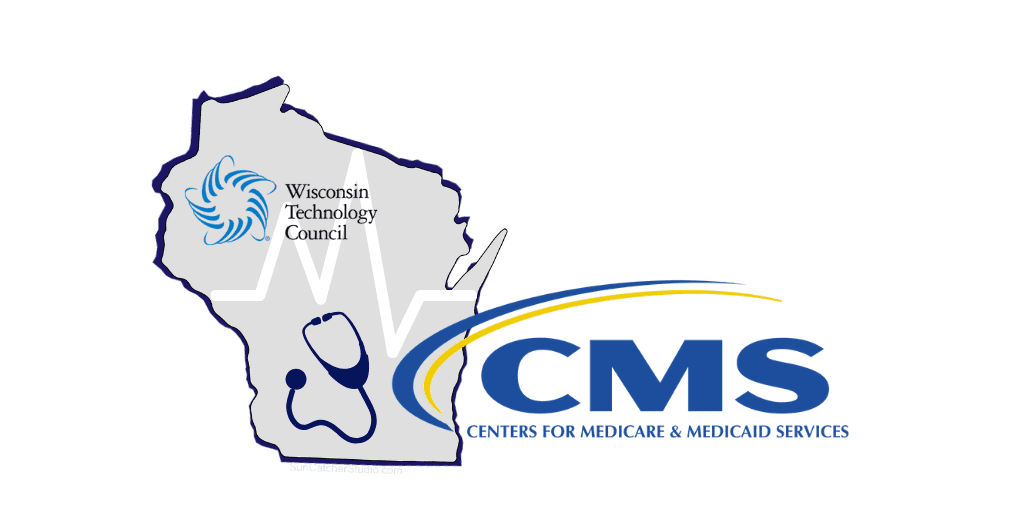By Tom Still
 MADISON, Wis. – With the Democratic presidential parade heading to the swing state of Wisconsin, one issue likely to draw attention from candidates and voters alike is health care: How good is it, what does it cost and how many people can readily get it.
MADISON, Wis. – With the Democratic presidential parade heading to the swing state of Wisconsin, one issue likely to draw attention from candidates and voters alike is health care: How good is it, what does it cost and how many people can readily get it.
Data released recently by the federal Centers for Medicare and Medicaid Services adds to the argument that when it comes to health care quality, Wisconsin scores higher than many other states.
The CMS is an agency within the larger Department of Health and Human Services. It administers Medicare, Medicaid, the Children’s Health Insurance Program and the private health exchanges established by the Affordable Care Act, often called “Obamacare.” Because CMS is equipped with carrots as well as regulatory sticks, health organizations across the country pay attention when its regulators come knocking in search of performance data.
One CMS program with both carrots and sticks is the “Value-Based Purchasing Program,” which measures four performance metrics that speak to quality. Those are patient satisfaction results, patient safety events, mortality and procedural complications, and efficient use of resources – which includes how they spend federal dollars.
Hospitals required to be a part of the program must pay into a pool that is held by CMS, which annually returns money to hospitals that at least get a passing grade and pays bonuses to those that score well. Nationally, nearly 1,200 hospitals – or 44 percent of the total in the pool – paid some sort of penalty.
Of the 65 Wisconsin hospitals required to chip into the pool, 10 paid a penalty (15.4 percent). Most of the other 55 shared in a bonus that totaled $6 million.
Within the patient satisfaction part of the CMS report, Wisconsin tied for first with Vermont. This category measured how patients view the help and instructions they get when they are discharged from a hospital. Wisconsin also scored well above the U.S. average in avoiding hospital readmissions, which are costly, time-consuming and sometimes an indicator that initial care didn’t go all that well.
Figures for 2019 have yet to be reported, but Wisconsin has historically scored well in separate rankings prepared by the federal Agency for Healthcare Research and Quality. The state has not scored worse than seventh among the 50 states since 2005 and has been ranked first three times.
What does it mean to patients? Your health-care quality rating is “zero” if you have a poor experience, and there will always be cases where things go off the rails. Overall, however, such quality rankings can be a confidence-booster for people and their families, even if dollars spent on health care are not.
What is means to businesses and employers is important, as well. While rising costs are an issue for many employers, it’s also vital to know they are getting strong values in return for their investments.
“When it comes to the Value-Based Purchasing Program, and how well Wisconsin hospitals perform, I think that’s a plus for employers,” said Beth Dibbert, chief quality officer for the Wisconsin Hospital Association. “The reason for that is that CMS doesn’t just measure one category, but four categories that speak to overall quality and how well resources are being used.”
Data related to hospital readmissions are important for the same reason, she said, because employers want to know they’re not paying twice for the same procedure and that a sick or injured employee can return to work in a reasonable amount of time.
Wisconsin has a mix of characteristics that add to its attractiveness as a place to start, expand or relocate a business. Those selling points include workforce skills, costs of doing business – including taxes – infrastructure and the overall quality of life. Demonstrated quality of health care also deserves a spot on the list.
Still is president of the Wisconsin Technology Council. He can be reached at tstill@wisconsintechnologycouncil.com





